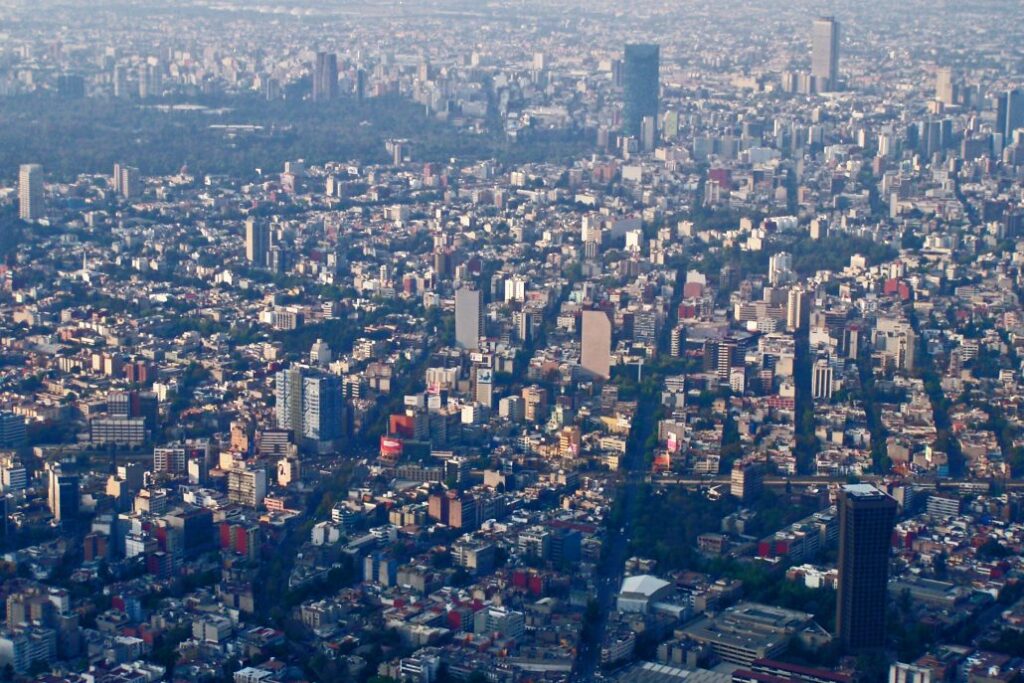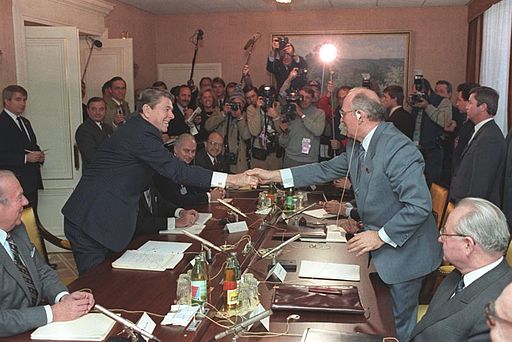MEXICO CITY – When Mexico’s current president ran for office back in 2018, he campaigned on a platform that called itself “progressive,” and which prided itself on being pro-sustainability, even promising to reach 30% of renewable energy production by 2021. However, after three years in office, his environmental track record is extremely disappointing.
Mexico’s current administration. led by President Andres Manuel Lopez Obrador and his party MORENA, has not only been completely negligent of Mexico’s environment and sustainability potential, but it has also implemented several new regulations that threaten the environment and Mexico’s clean energy sector.
Most recently, on March 3, an initiative to reform the Electric Industry Law was passed by the Mexican Congress. This reform practically monopolizes electricity production under the state owned Federal Electricity Commission (CFE), making it harder for foreign investment to reach the renewable energy sector.
“[The new reform] threatens the compromises established under international treaties, both commercial agreements as well as protection of investments and the environment, for example the UN’s Sustainable Development Goals and the Paris Climate Agreement,” said Mexico’s Council for Business Coordination in a press release addressing the reform.
By making it harder for private companies to invest in the energy sector, the country’s electricity production will fall into the control of the CFE which only produces around 15% of its electricity with renewable sources.
This is not the first time Lopez Obrador’s government has threatened clean and renewable energies, as last year he blocked the development of clean energy infrastructure projects citing “issues regarding the pandemic.” In May 2020, the National Centre for Energy Control and Secretary of Energy [NAME], under the guidance of Lopez Obrador’s party, introduced a series of legislative acts that limited the amount of energy that private companies could produce and the number of permits they could acquire.
This legislation also allowed the administration to stop all of the necessary tests for the new sustainable energy power plants to start production. Lopez Obrador cited “energy security concerns due to the pandemic” as justification for this legislation, even though studies could not find any link between renewables and their effects on national energy insecurity.
These new regulations became so alarming for Mexico’s environmental commitment, that the UN and several other governments and international institutions shared their concerns with the Mexican government.
The UN’s environmental organization, the UNEP, reported on its yearly renewable energy investment report that Mexico had a 1.800 billion dollar deficit from its initial investment commitment of 6.1 billion.
“This shows that there is a lack of political will more than any problem related to Covid-19. Mexico should be equipped with renewable energy sources.” said Dr. Ulf Moslener, head of research for the UNEP Collaborating Centre for Climate and Sustainable Energy Finance, in a comment for the EFE.
All of this regulation and legislation are just some of the many logistical obstacles that Lopez Obrador has presented to the development of clean energy sources in the country. The main and most direct attack, however, comes in the shape of his beloved passion projects. These involve the construction and further development of massive infrastructure projects, which include a train that will cut through the Mayan jungle as well as an oil refinery.
The “Tren Maya” is a planned 1,460 km railway project to be built in the Mayan Riviera as well as Obrador’s dream tourism booster. This project however, brought a lot of environmental concerns from experts, activist groups and local indigenous populations. The building of the tracks would cut through an estimated 12,000 individual trees. This not only endangers 178 different types of flora, but also threatens the lives of several species. Among them the Jaguar, from which 1,800 of the 4,000 remaining in the country are found within that region and would have their natural habitat disturbed by the constant movement of people and goods throughout the jungle.
To top it all off, Obrador had previously stated that the train would run, for the most part, on electricity, however, last year it was confirmed that it would run primarily on diesel fuel that would be imported from abroad. All of this would ultimately contribute to the pollution of the Mayan jungle.
This never-ending dependency on oil perpetuated by Lopez Obrador’s government is exacerbated by another one of the president’s passion projects, the Dos Bocas oil refinery‒ a 9 billion dollar mega project that would be able to process 340,000 oil barrels a day.
Starting an oil refinery in the 2020s is just one more nail in the coffin that is Lopez Obrador’s lack of commitment to the environment. This project not only demonstrates that polluting energy sources are prioritized over clean and renewable ones, but it also reveals his administration’s hypocrisy within their environmental discourse.
During Lopez Obrador’s campaign in 2018, he rushed to criticize a then-active airport project for being built on top of a “lake,” as it threatened the environment. However, once in office, all of these environmentalist facades have been thrown out the window with Lopez Obrador putting forward even more damaging projects and legislation.
The core of this hypocrisy lies on the fact that, in the end, his campaign promises were never about the environment ‒ they were simply a ploy to gain popular support. He assured the public of his commitment to environmental protection throughout his campaign with promises such as “of course we have to save the lake,” referring to an airport built on an already dried up lake bed where construction had already begun. Yet, while once in office, he justified being against eolic energy because wind turbines are “ruining the landscape.”
A country’s economic development can be achieved without severely compromising the environment, as long as appropriate mitigation strategies are implemented. However, in the case of Lopez Obrador’s passion projects, mitigation has not been a part of his primary focus; putting his own reputation, caprice and interests above all else.
Obrador always prides himself as being against neoliberalism and the previous administration’s corruption and thirst for money, but as it stands today, it seems like he is no different.
All of his projects are fueled not by a desire to make an impactful change, but to leave his own mark on Mexican history. The evidence of him favoring oil over renewables and his own environmentally damaging projects over those from the previous administration, highlights that this is not a battle between his administration and unsustainability, it is just a way for him to fulfill his whims in whatever way possible.
This is not a new era for Mexico’s environmentalism, it is just another tantrum-prone and greed driven demagogue trying to leave his mark on the Mexican history books.







